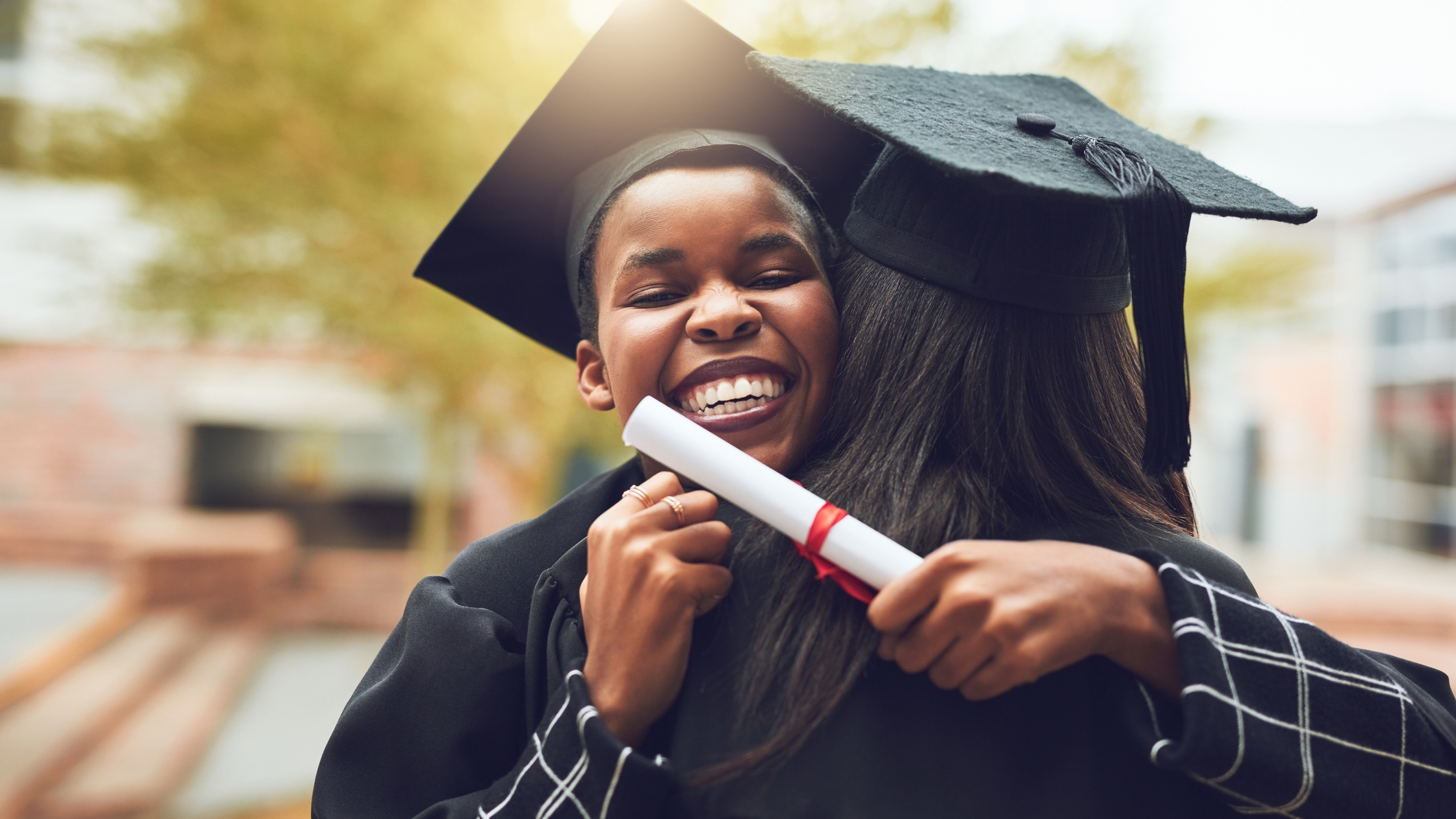If you’re interested in sharing your opinion on any cultural, political or personal topic, create an account here and check out our how-to post to learn more.
____
In early November, the country elected its first Black woman Vice President, Howard University alum, Kamala Harris. We watched the solidly red state, Georgia, flip to blue, thanks to the city of Atlanta, run by Florida A&M alum, Mayor Keisha Lance-Bottoms, and the grassroots work of Spelman graduate, Stacey Abrams. Fast forward a couple of months and in early January we elected the 11th Black Senator, Rev. Raphael Warnock, who is a graduate of Morehouse College.
Historically Black colleges and universities have been, since their inception, training grounds for barrier breakers in all fields. Despite producing the top talent in this country, HBCUs still remain underfunded and underappreciated in conversations surrounding education.
In 1837, Cheyney University became the nation's first HBCU. Today, there are 107 HBCUs in the United States. These institutions of higher learning are responsible for 20% of Black graduates, and produce 80% of Black judges and 50% of Black doctors and lawyers. Notable alumni include Rev. Jesse Jackson, Dr. Martin Luther King Jr., Toni Morrison and Oprah Winfrey. Historically Black colleges and universities are at the pinnacle of Black excellence, yet they do not receive the same recognition and support as predominantly white institutions.
Financially HBCUs are often left underfunded. HBCUs endowments are about 70% lower than PWIs. 15 Black institutions have closed since 1997. In recent years we have seen Black institutions such as Morris Brown College and Bennett College lose their accreditation due in part to finances. These financial struggles are frustrating because of the influence that these schools have on the Black community in creating Black professionals.
With so many HBCUs on the brink of financial ruin, the recent gifts of philanthropist Mackenzie Scott is a much-needed effort to support Black colleges and University. Scott donated a total of $4.2 billion in 2020, with HBCUs like Howard University, Tougaloo College, Dillard University and Norfolk State University being some of many HBCUs on the list. These resources are much needed to fund research centers, programs and scholarships for students to continue to advance their studies.
We also see HBCUs left out of conversations when discussing top universities in the country. Oftentimes, an education from an HBCU is viewed as inferior to an education from a predominately white Institution. This narrative must shift because Black schools are leading in delivering Black talent. EICOP’s HBCU in LA works to recruit students of color from historically Black institutions to diversify the workforce in the entertainment industry. This push from programs like this is what is needed to reaffirm the potential of students who graduate from historical Black institutions of higher learning.
This election cycle had many highlights, with an important one being, investing in HBCUs. It is hard to watch graduates of Spelman College, Florida A&M University, Morehouse College and Howard University work together to mobilize Black voters in unprecedented ways and not get excited about the talent that is sitting in our classrooms at HBCUs. Graduates of Black universities are innovators and change-makers. It is important that we pour our resources into and focus on the talent in these institutions to ensure HBCUs remain at the nexus of Black education.
